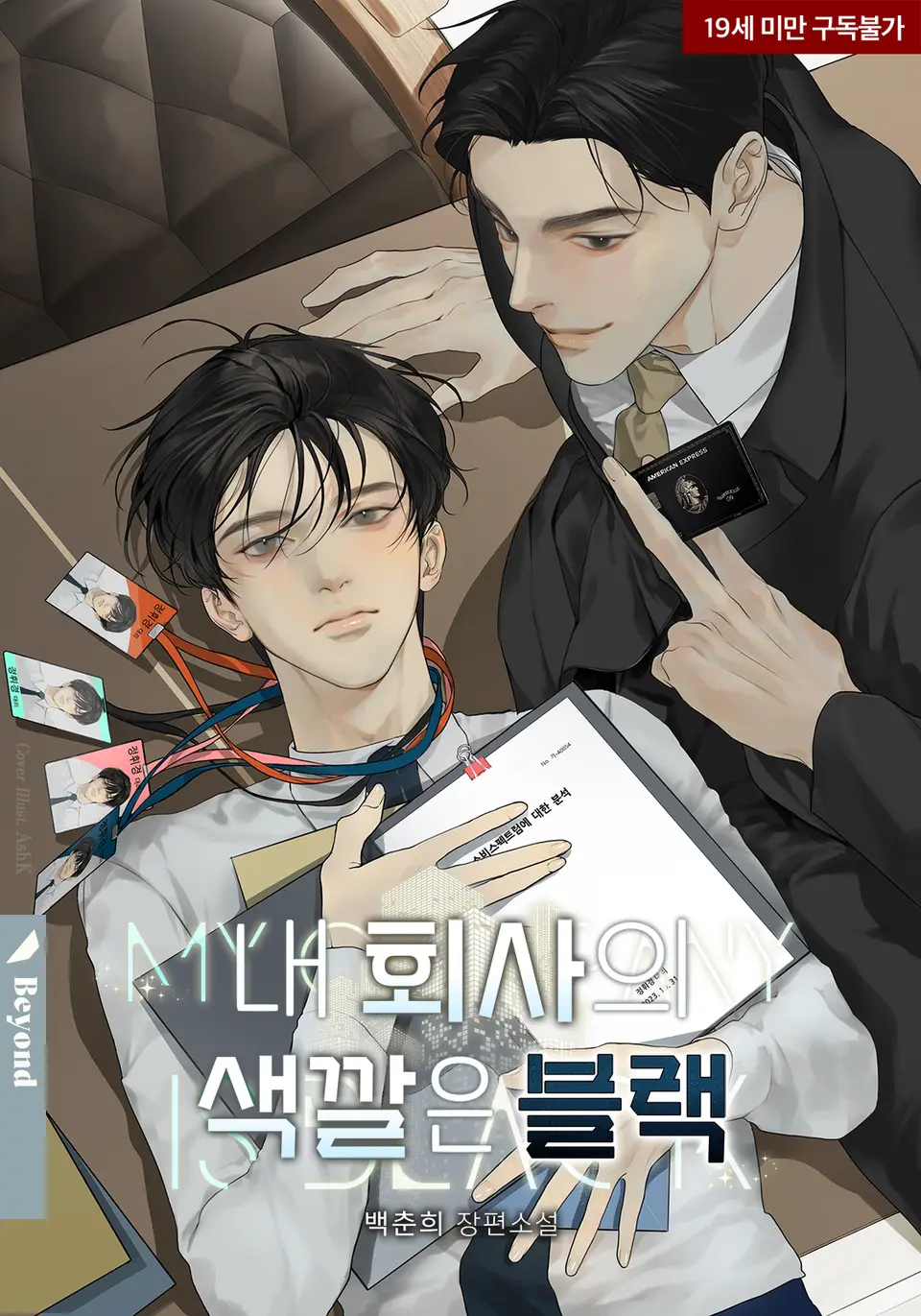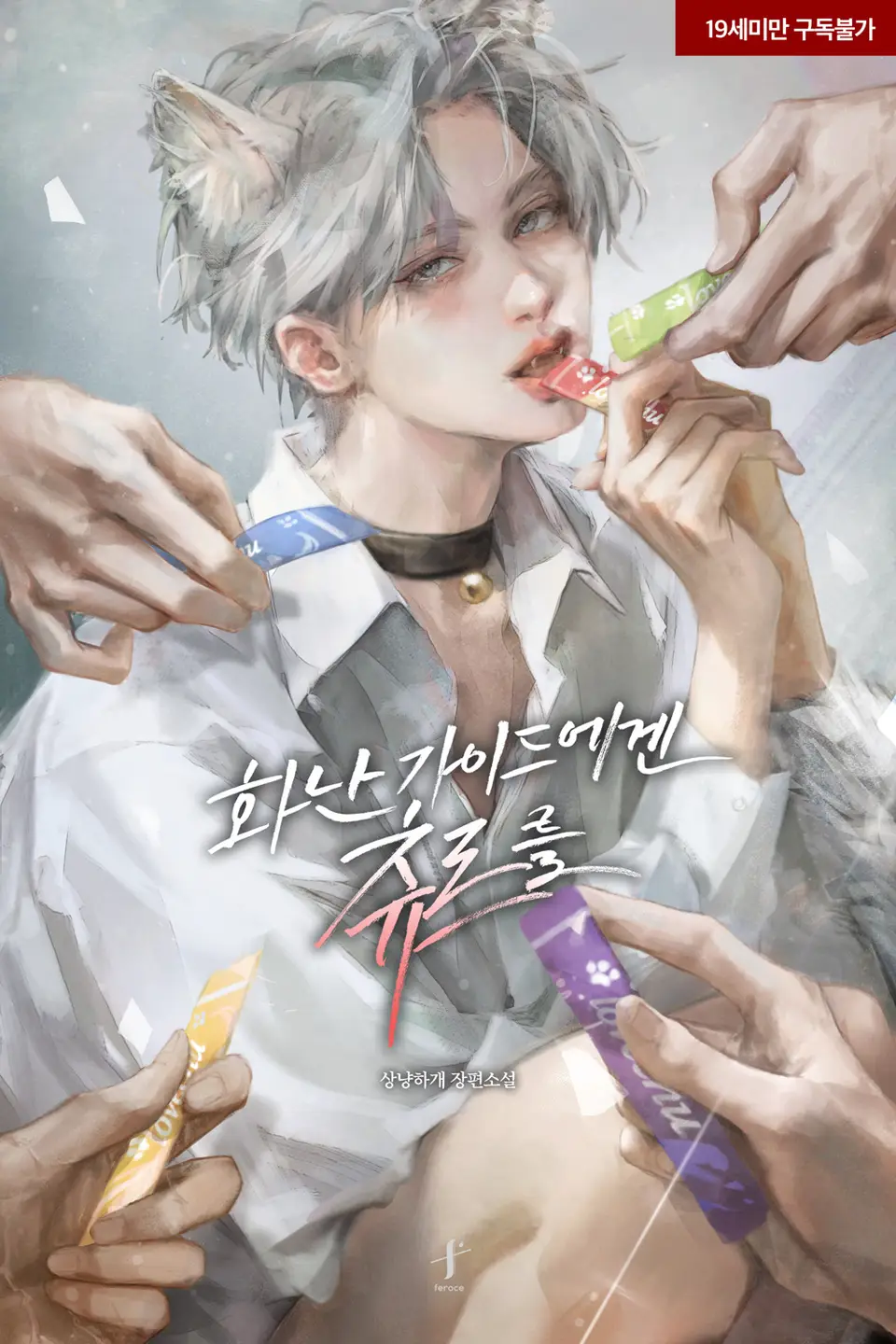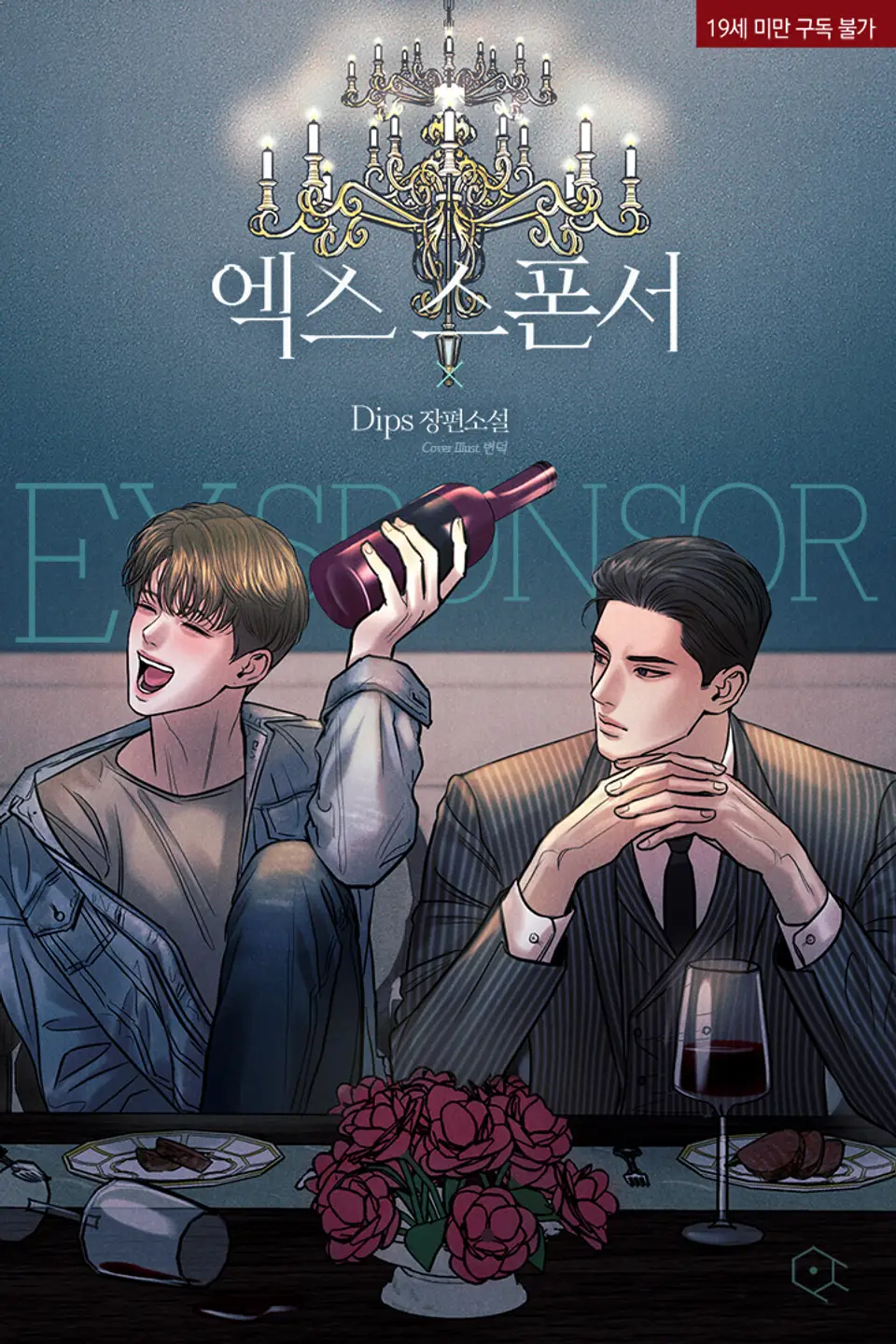#117
Hwi-kyung realized once again why he had no interest in overseas employment.
[Hui-keng.]
[It’s Hwi-kyung. Hwi-kyung.]
[Okay. Hoi-kung.]
[Hwi-kyung.]
[Hue-king.]
Damn racists…
Hwi-kyung ignored the white young man who was trying to pronounce his name in as many different ways as possible. The suggestion came from him that Hwi-kyung should create an “English name” like other foreigners.
Whether in China or America, the lack of consideration for other cultures was the same. Honestly, Hwi-kyung’s name wasn’t that difficult to pronounce. If you break it down, it’s “Whi-gyeoung,” a name that any primate with a normal oral structure could pronounce.
But these unconscious racists probably wouldn’t have pronounced his name correctly even if it had been Minji or Jiwoo. Unless fixing Hwi-kyung’s low blood pressure by bringing up all sorts of excuses to say, “Why don’t you create an English name?”
[Okay. Names aren’t that important. If you really can’t pronounce it, just call me Vol*emort.]
[Oh, but Vol*emort isn’t pronounced like that.]
[……]
[You, like a typical Korean, can’t distinguish between R and L sounds well? It’s okay. I still think your pronunciation is clearer than my Indian friends’.]
Should I kill him?
Hwi-kyung considered it briefly. Would it be for the greater good to eliminate this guy by combining the will of non-English speaking Asians?
But Hwi-kyung couldn’t do that. He could only wait expressionlessly for this racist to realize he had done something wrong.
At times like this, he really missed having a system window. The only advantage of forced regression was being able to pour hot coffee on guys like this without consequences.
However, now that he couldn’t turn back time like a normal person, Hwi-kyung just had to grit his teeth and endure this level of injustice.
[Josh, you always say the right things. The right things to get hit for.]
[What?]
[No matter how much you like Hwi-kyung, do you have to be so annoying? Honestly, if I were Hwi-kyung, I would have just asked about your mother’s well-being.]
[I would have asked about your father’s well-being too.]
[What did I do?]
[I think Liu is right. We could report you as a racist right now and you’d have nothing to say.]
Fortunately, before Hwi-kyung could kill Josh, Liu and John took his side. Liu was a Chinese-American from Malaysia, and John was an Australian who, despite being half-white, looked Asian enough to be constantly misunderstood.
Feeling outnumbered, Josh quickly fled the scene. But judging by his parting comment about this being “reverse discrimination,” he didn’t seem to have come to his senses.
[Josh, he’s… just so typical.]
[No, that’s his way of showing goodwill. Last time he asked Haruka if she eats sushi every day.]
[Is he crazy? How can someone like that still exist in the 21st century?]
[Leave him be. People like that have to live that way until they die. It’s more disastrous when they try to reform.]
Hwi-kyung quietly picked up on Liu and John tearing Josh to pieces. There was nothing they said that everyone wouldn’t agree with.
Half a year since coming to America, Hwi-kyung had been working at BK Entertainment’s U.S. branch before being dispatched to another local company. A film studio collaborating with the entertainment company had requested personnel.
Since Gyo-ha was suffering through the massive ordeal of graduate school, Hwi-kyung headed to the local studio without much hesitation.
When he first started working, Hwi-kyung was confident about his assignment at the studio. His English skills were excellent, comparable to native speakers, and most work tasks weren’t a major threat to him in any country.
However, the problem was that the law of the total quantity of lunatics existed in both Korea and America. There were non-recyclable garbage-like people everywhere in Korea too, but America seemed to have them scattered all over the place, perhaps due to its larger population.
If you’re going to deal with jerks, it’s better to deal with patriotic jerks. That was Hwi-kyung’s impression. Crossing the water was fine, but life in America wasn’t as easy as he thought.
Since he and Gyo-ha returned to Korea once a month to see Ok-ja, he didn’t miss his homeland. Although all the food was salty, greasy, large in portion, and not very tasty, it wasn’t unbearable.
At least Hwi-kyung really liked the enormous cups of coffee sold in America. Connecticut, where Hwi-kyung mainly stayed, had good public safety despite being in America, so there weren’t many gun incidents.
However, with its large white population, racial discrimination was somewhat severe. Hwi-kyung was certain that if Josh had said such things in Brooklyn, he would have been shot dead. Josh needed to live in a safe neighborhood for his own survival.
[Don’t pay too much attention to guys like that. And don’t deliberately create an English name either.]
[Yes. Thank you for your help.]
[This is only natural. It’s abnormal to keep treating dispatched employees like that.]
Of course, as is the case everywhere, normal people vastly outnumbered lunatics at Hwi-kyung’s current workplace. But as always, one lunatic leaves a stronger impression than a hundred normal people.
Crazy jerks wherever I go…
Hwi-kyung tried to shake off the thought. Open America closes… Closed Korea opens…
* * *
They say the most popular color among Koreans is blue. Although color preference and nationality are separate issues, according to some unreliable surveys, blue is also the most popular color among Americans. Is this really a coincidence?
“Of course it’s a coincidence…”
“No, listen. About how two countries that prefer blue are simultaneously full of black companies…”
“Chinese people generally prefer red, but there are many black companies there too.”
“I can’t believe this. I was going to write my thesis on the correlation between national color preferences and black companies.”
“Are you trying not to graduate?”
“I forgot how to do that.”
Gyo-ha showed Hwi-kyung his unfinished thesis, saying take a look at this.
The Impact of Unhealthy Corporate Culture on Life Balance and Case Analysis
– Focusing on Explicit Standards for Black Companies and Korean Work-Life Balance –
Table of Contents
Introduction
Previous Research and Theoretical Background
Case Study
Research Analysis Results
Conclusion and Suggestions
[Abstract] The purpose of this study is to analyze cases of how companies with unhealthy corporate cultures, so-called black companies, can damage the work-life balance of modern people. Despite improvements in labor laws in the 21st century and restrictions on working hours according to labor standards, few companies are reported to fully comply with these standards.
Therefore, focusing on Korea, where corporate and organizational cultures have specifically developed, we attempted to define unhealthy companies, so-called black companies, and to classify and analyze individuals’ life balancing from the lowest to the highest point due to black companies.
Distribution charts were calculated through independent numerical measurements, and follow-up research is proposed due to the limited collection of cases.
Keywords: Corporate Culture, Work-Life Balance, Management, Labor Law, Labor
“The professor scolded me for writing a nonsensical thesis.”
“You deserved it.”
“How did I write theses before? I really can’t remember.”
“You seem to remember the format clearly, though.”
“But after being rejected once, everything I write seems like nonsense.”
Even to Hwi-kyung, the thesis that the professor had rejected seemed to have too many problems. First of all, having Hwi-kyung as the only subject for the case study was problematic. Of course, Jung Hwi-kyung had worked at black companies more than ten times, making him an excellent case collection… but how would the professor know about Hwi-kyung’s regression?
Even just looking at the abstract, biased points were noticeable. It was impressive how he had somehow searched through past research to fill in “2. Previous Research and Theoretical Background” with citations of citations of citations for the assignment submission. It was believable that all he learned in graduate school was how to copy-paste text.
If even Hwi-kyung, a non-expert, found it questionable, how perplexed must the professor, an authority in the field, have been?
“I also tried writing about the physical paradoxes of time travel as shown in time travel movies.”
“……”
“I was immediately kicked out because our department is business administration.”
That makes sense…
Regardless of whether Hwi-kyung showed interest or not, Gyo-ha rattled off various physical theories from numerous time travel movies. Listening to him talk about how time can be viewed as quanta, something about linear structures, and something about the grandfather paradox, Hwi-kyung thought Gyo-ha’s graduate school graduation seemed far away.
Hwi-kyung thought Gyo-ha had gone crazy from spending too much time in graduate school. Poor graduate student… It seemed that no matter how sane someone was initially, they all went mad once they started writing a thesis.









